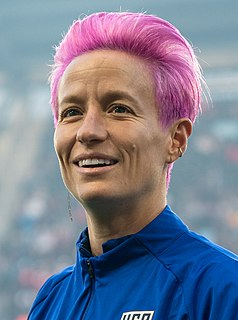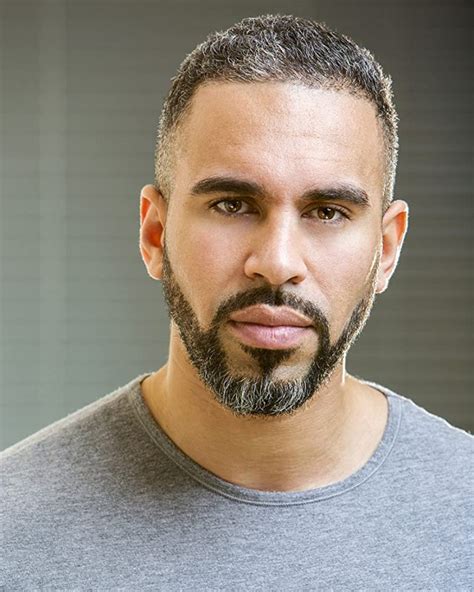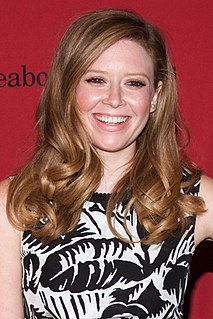A Quote by Shaun Tan
I always overwrite - really awful, long bits of script - and then I trim it down to the bare bones and then add a little bit to colour it in. At the end of all of my stories, I test for wordless comprehension. So I remove the text and see if it works by itself. And if it does, I feel that that's a successful story.
Related Quotes
Stories? We all spend our lives telling them, about this, about that, about people … But some? Some stories are so good we wish they’d never end. They’re so gripping that we’ll go without sleep just to see a little bit more. Some stories bring us laughter and sometimes they bring us tears … but isn’t that what a great story does? Makes you feel? Stories that are so powerful … they really are with us forever.
During the preproduction when I'm shooting and then once we wrap we go away. And then the visual effects guys take over. And then they add all those little bits and pieces. They come up with ideas during the cut in the editing, and they said while would be really cool if we did this thing here where the blade pops out. So then you see the movie and say wow that's a really neat idea. I wish we would have thought of that.
Theater for me is terrifying but much more rewarding, because you know what they're seeing. Film is all little bits and pieces. And you can do an amazing job, but if the camera isn't getting it, it doesn't work. And then other times when you feel you really weren't present, and then you see it and somehow it works. So there's a mystery, there's a strange collaboration that takes place with everybody.
I see ... a pile of skulls and bones. For the first time since my arrival, what I see before me is too painful, and I break down completely. These are my relatives, friends and neighbors, I keep thinking ... It is a long time before I am calm again. And then I am able, with my bare hands, to rearrange the skulls and bones so that they are not scattered about.
All directors make films in individual ways. But the classical kind of view of filmmaking is that you have a script, and it's very linear. There's a script, then you're going to shoot the script ,and then you cut that, and then that's the end of the film. And that's never really been how I've seen it.
You have to do three things really well to make a successful film. You have to tell a compelling story that has a story that is unpredictable, that keeps people on the edge of their seat where they can't wait to see what happens next. You then populate that story with really memorable and appealing characters. And then, you put that story and those characters in a believable world, not realistic but believable for the story that you're telling.
The actor's always as good as the stories are. And so many important things, there is the light, there is the costumes, the makeup, there's the text, there's so many elements which the actor himself cannot control. But the script is the most important thing. First of all the story, and then you go from there. You know, it's like you stand in the kitchen, and say are we making a fish or do we grill a steak? And you go from there.
With action in Hollywood, a choreographer will be hired to design an amazing fight, with all these cool little narrative bits, such as a fighter having to perform a certain move because he's been injured and can only move that way, but it can all get lost in translation because the director then does what he wants with it and then passes it on to the editor, who does his interpretation of the fight. It becomes almost like Chinese whispers, so sometimes the end fight you see on film is so different to how it was conceived and looked on the day.
If I feel like I haven't really tapped into the essence of the story when I do an assignment, I may revisit it on my own, and that's when I feel freer to add my imagination. But I think that if you feel imaginatively towards a subject, you really shouldn't do it in a journalistic context, because then you're just fabricating, and that's crazy.







































